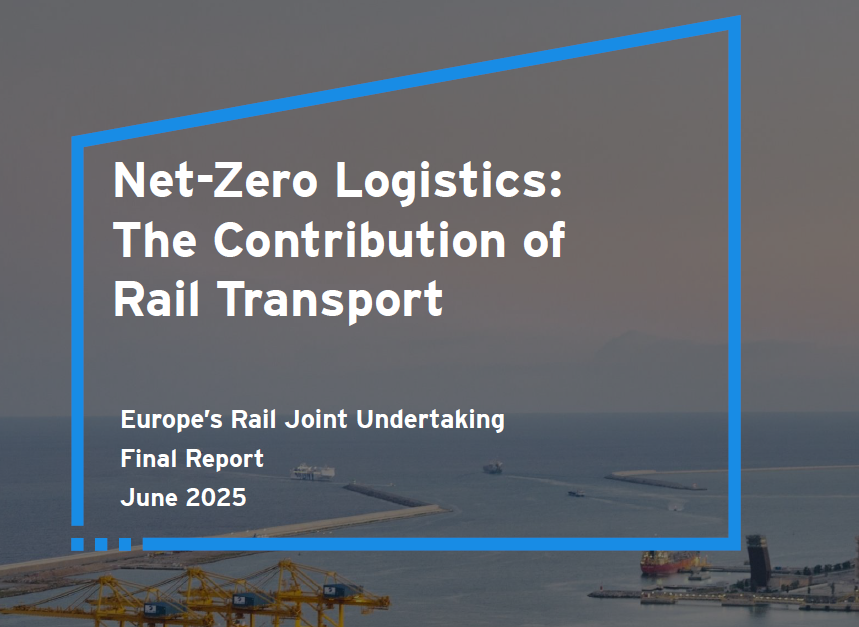Europe must take decisive steps to simplify and modernise its rail systems to strengthen competitiveness,...
Today, apps allow checking what the best multimodal route is. But Shift2Rail IP4 is taking this to a whole new level: Passengers will be able to book with a single click multi-modal trips across Europe. No more need to enter four or five different reservation systems every time we book a trip. At InnoTrans, the public can test a preliminary version of the system.
The ecosystem Shift2Rail is building will be an absolute revolution for intermodal transport. Passengers will be able to book from their devices, and with a single click, multimodal trips for both short and long distance trips across Europe.
The Shift2Rail MaaS ecosystem, built on IP4 technologies, will allow seamless travel experiences, connecting the first and last mile using all transport modes available: ‘traditional’ public transport, such as trains, trams, metros, buses and taxis, and ‘new modes’ such as bike-, car- and ride-sharing services and also autonomous cars.
At the time of booking, travel rights are distributed automatically among the transport service providers ‘behind the scenes’. Users can carry multiple tickets, stored in a secured personal wallet and validate their tickets contactless from their phones.
Not only booking will be much easier. On the go, customers will have access to alternatives based on live traffic information, especially useful in case of disruptions, and ancillary services based on their location, such as information on nearby cafeterias where to wait for the next train or the best shop where to buy a last-minute gift.
Fiddle with the booking system of the future at InnoTrans
At Shift2Rail stand at InnoTrans, visitors can test a preliminary version of the new multi-modal booking system using a smartphone –and experience a simulation on how the system can make a trip between Madrid and Berlin much simpler and stress free, including the planning, tracking and after sales services.
This demonstrator is part of the development of transportation as a service, also known as ‘Mobility-as-a-Service’, a new concept of mobility: A shift from a piecemeal ‘individual transport modes’ approach towards a world of ‘solutions’ provided and consumed as a service.
Developers expect to have ready a MaaS technical enabler in 2020 and be ready for live tests in 2022.

Scanning QR code for single multi-modal ticket
















